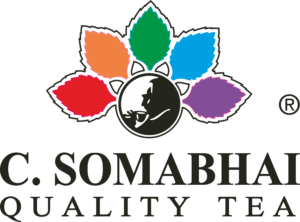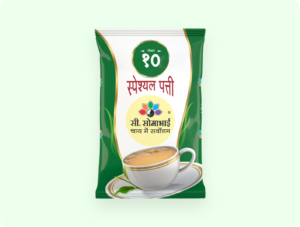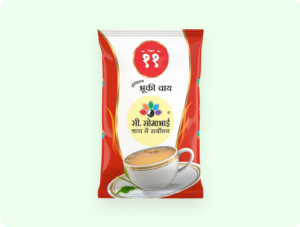Origin Of Tea

The origin of tea begins with a fascinating Chinese legend that takes us back to the year 2737 B.C. According to the legend, Emperor Shen Nung – a scholar and herbalist whose farsighted edicts included drinking only boiled water for the sake of hygiene, stopped to rest under a wild tree while on a visit to a distant region of his kingdom. A slight breeze caused a few leaves to fall into the water he was boiling. The Emperor, true to his inquisitive nature, went ahead and tasted the resulting brew and, to his surprise, found it to be very refreshing and revitalizing. Thus was discovered tea.
Whether myth or reality, the truth remains lost in ancient history. The fact is that China was far from a unified empire until the third century B.C., making it highly improbable for an emperor to have existed during the period referred to. Yet it is accepted knowledge that tea was indeed popular in China all those years ago. Tea consumption had spread throughout Chinese culture, reaching into every aspect of society. The first written reference to tea is, however, credited to the third century B.C., when a famous Chinese surgeon recommended it as a remedy, and in another instance, it finds mention in an army general’s letter to his nephew.
This reference in ancient records is also a cause for confusion, as the same Chinese character was used for both the tea and sow thistles, with the only difference being that of pronunciation. Thanks to the decree of an Emperor of the Han Dynasty, sometime between 206 B.C. and A.D. 220, said that when referring to tea, the character should be pronounced as ‘cha’. It was only from the 8th century onward that tea developed its own character.
From the fourth and fifth centuries on, the popularity of tea started to grow throughout China, with an increasing number of plantations cropping up around the Yangtze River valley. The popularity saw it being presented as gifts to emperors and soon appeared in barter trade with the Turks.
The transformation of tea from a medicinal tonic to that of a refreshing drink consumed for its own sake occurred during the reign of the Tang Dynasty (A.D. 618–906). This period, popularly referred to as the ‘golden age’ of tea, saw the beginnings of a standard for tea cultivation, which became an elaborate ceremony. Strict rules were set regarding the plucking of the leaves, including a rule that allowed only young girls to follow a diet that forbade spicy food that could contaminate the leaves.
- Select options This product has multiple variants. The options may be chosen on the product page
- Select options This product has multiple variants. The options may be chosen on the product page
- Select options This product has multiple variants. The options may be chosen on the product page
- Select options This product has multiple variants. The options may be chosen on the product page
- Select options This product has multiple variants. The options may be chosen on the product page
- Select options This product has multiple variants. The options may be chosen on the product page
- Select options This product has multiple variants. The options may be chosen on the product page
- Select options This product has multiple variants. The options may be chosen on the product page
- Select options This product has multiple variants. The options may be chosen on the product page
- Select options This product has multiple variants. The options may be chosen on the product page











